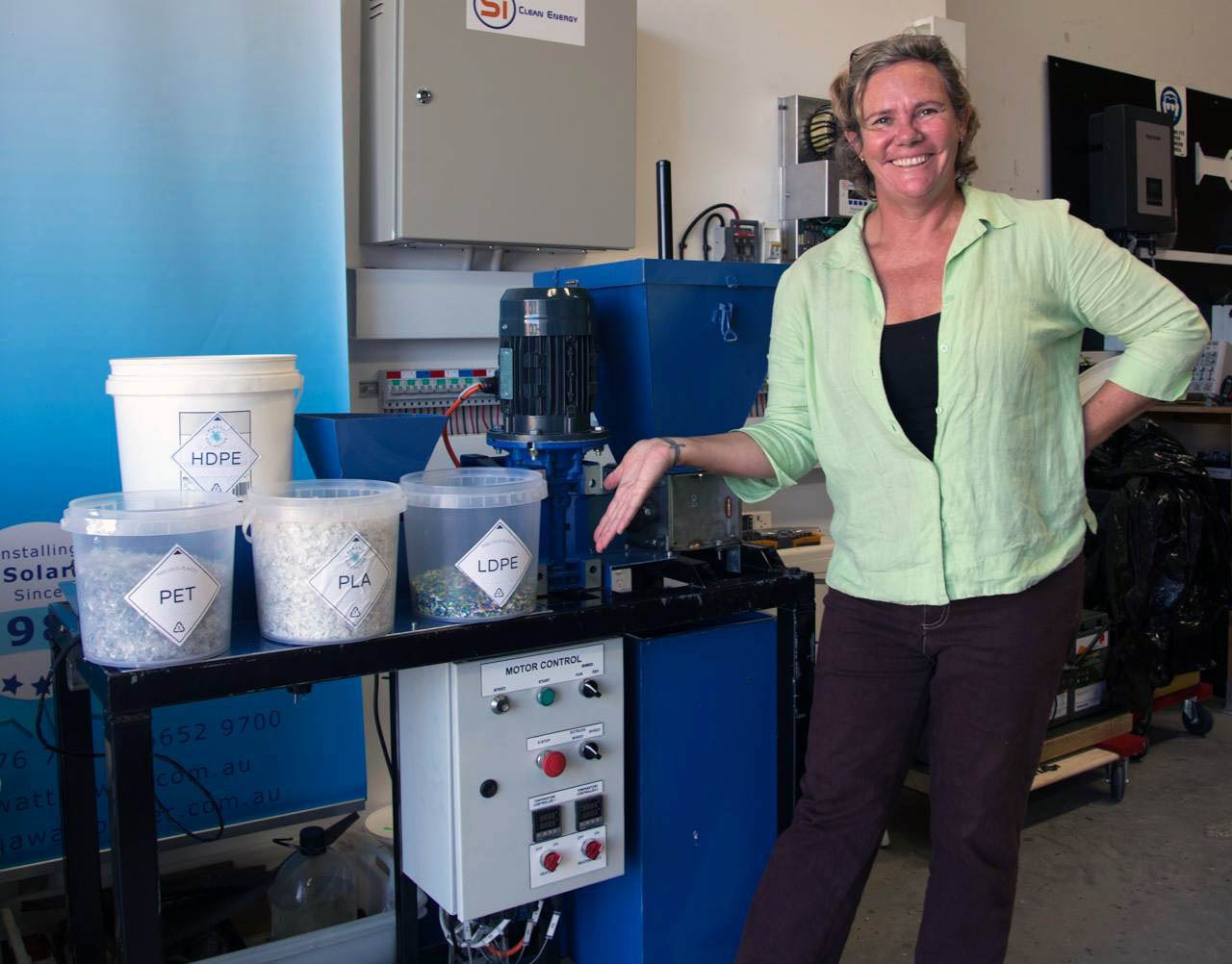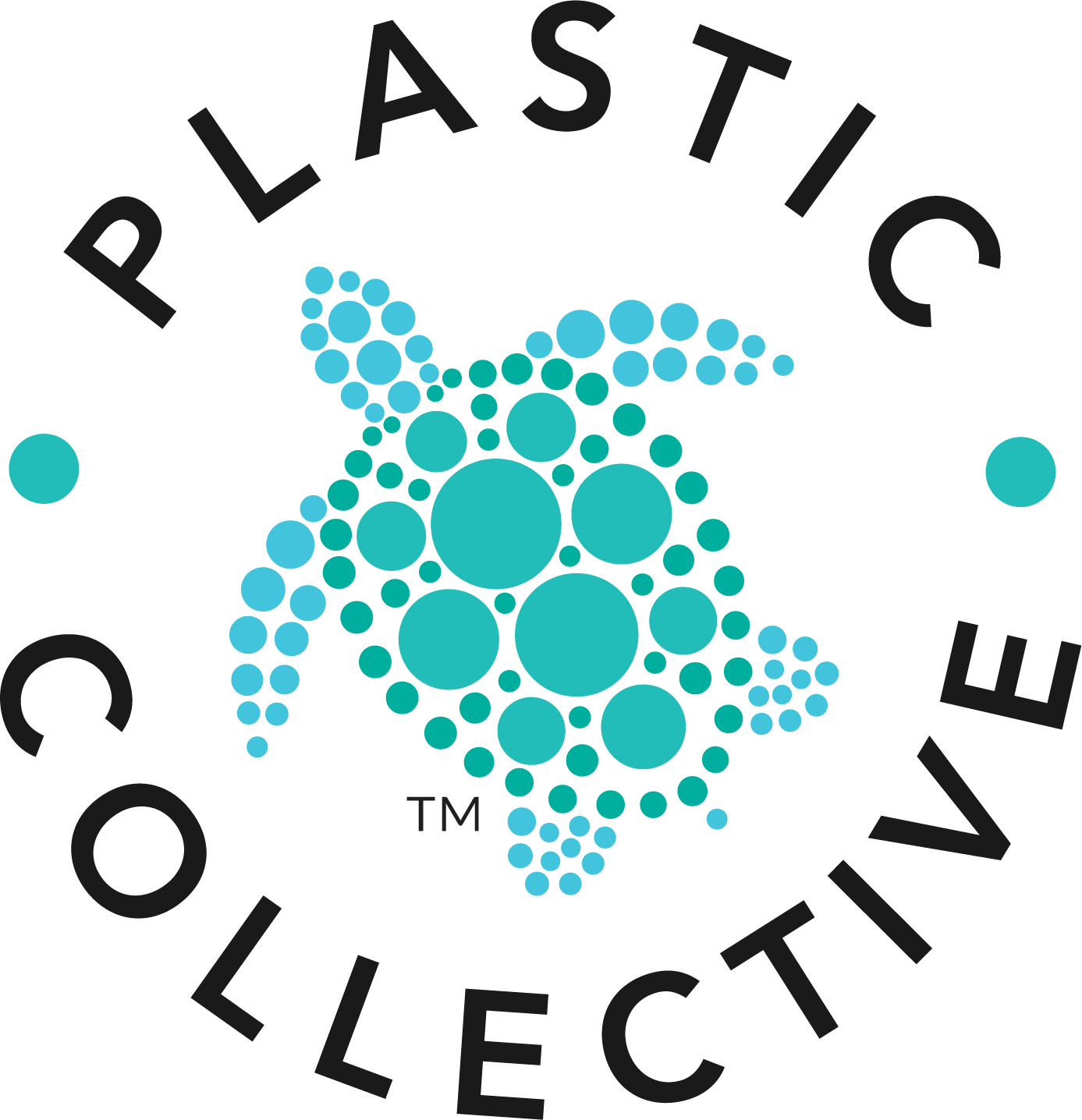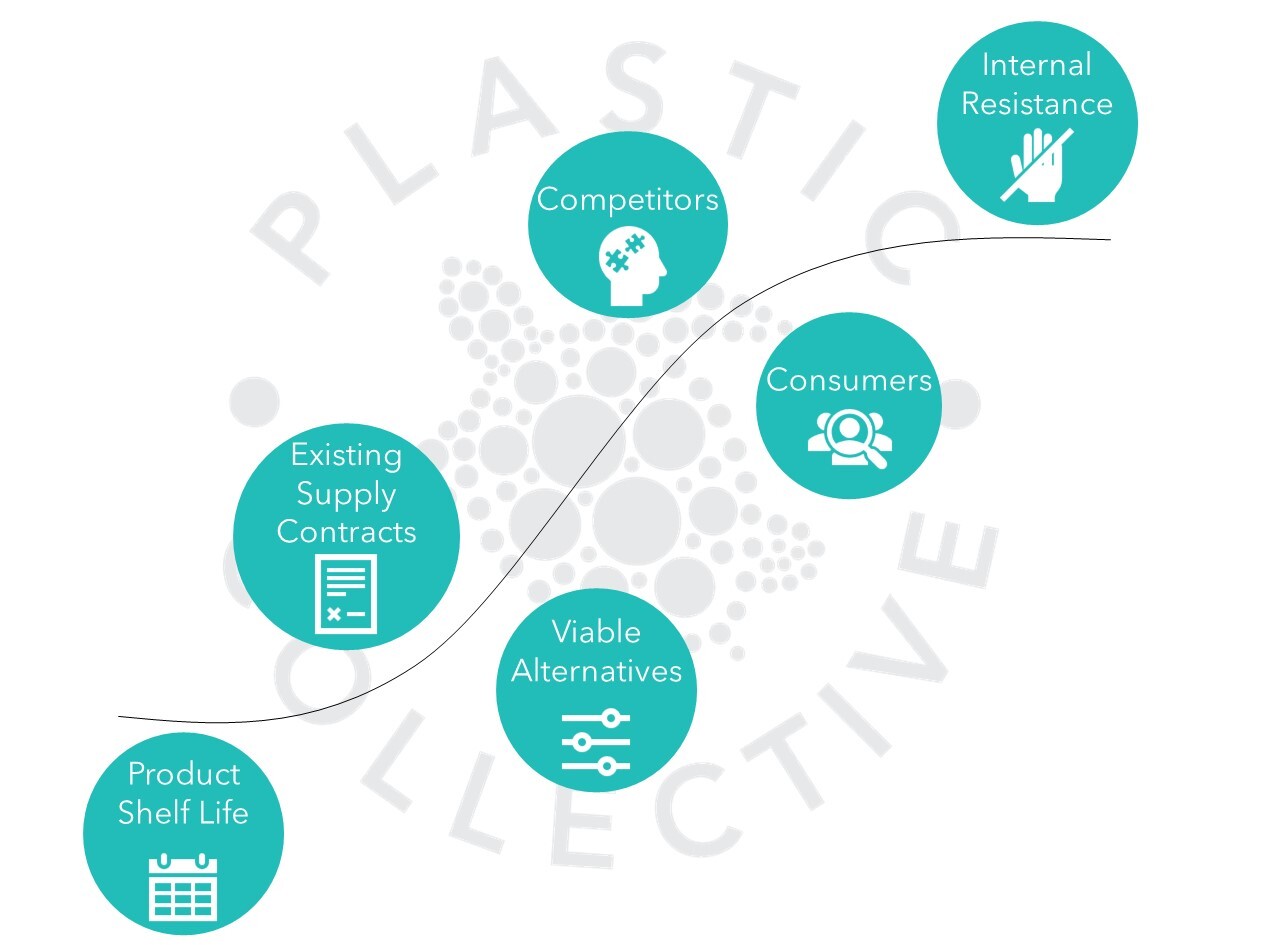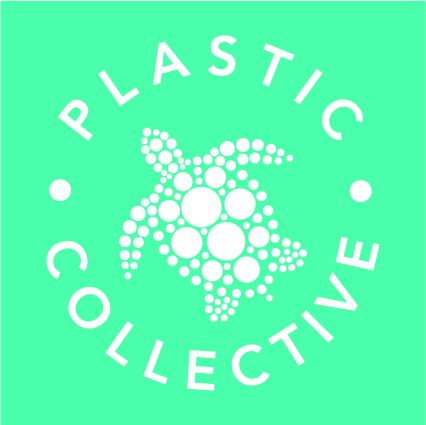Plastic Credits – Helpful or Harmful?
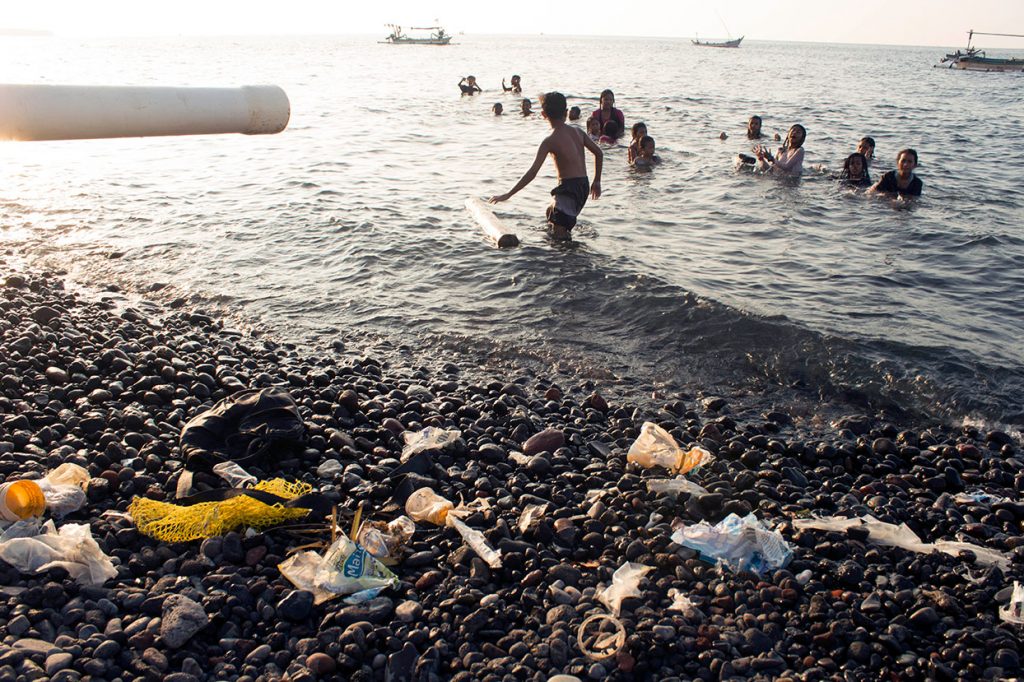
Are Plastic Credits Encouraging Businesses to Avoid Responsibility for Plastic Pollution?
How Plastic Collective Tackles the Plastic Waste Problem
The Plastic Waste Reduction program backed by the 3R Initiative, is a market based crediting system, intended to drive investments in plastic recovery. The Reduce, Recover, Recycle (3R) initiative is the first global effort designed to reduce the single-use plastic footprint of consumer goods and services by standardising and stimulating corporate action on plastics. This new plastic waste initiative was launched by Danone, Veolia, Nestlé and Tetra Pak, in an attempt to reduce the global production of virgin plastic material and stimulate corporate participation in circular economy practices.
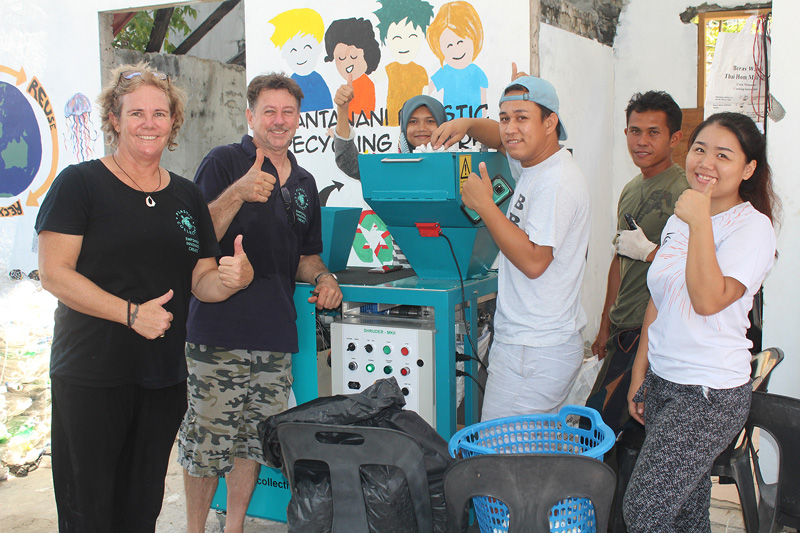
Does this new crediting system provide a license to continue polluting?
In the absence of doing their best to first reduce, reuse and recycle plastics, businesses and corporations leave themselves exposed to the criticism of taking advantage of plastic credits as a way to avoid making operational changes that ensure responsible use of plastic. In this situation, it is very possible that plastic credits could be misused and potentially seen as a licence to continue polluting.
To mitigate this criticism, it’s imperative that plastic credits are used as the option of last resort. Firstly, developing and delivering a credible and achievable Plastic Plan that addresses how a company will reduce, reuse and recycle plastic is consequential. With an overall transformation from linear to circular economy.
A credible plan includes the following components:
- Honest acknowledgment of the plastic problem
- A compassionate, credible and measurable end goal based upon Plastic Neutrality and Circularity Principles
- A clear public facing plan with a set of activities to meet the end goal through achievable targets over a sensible period of time
- Activities should progressively address:
- Reduce unnecessary use of plastic
- Replace virgin with recycled plastic where possible
- Reuse plastic from your products in future products where possible
- Encourage consumers to recycle your plastic after consuming your products.
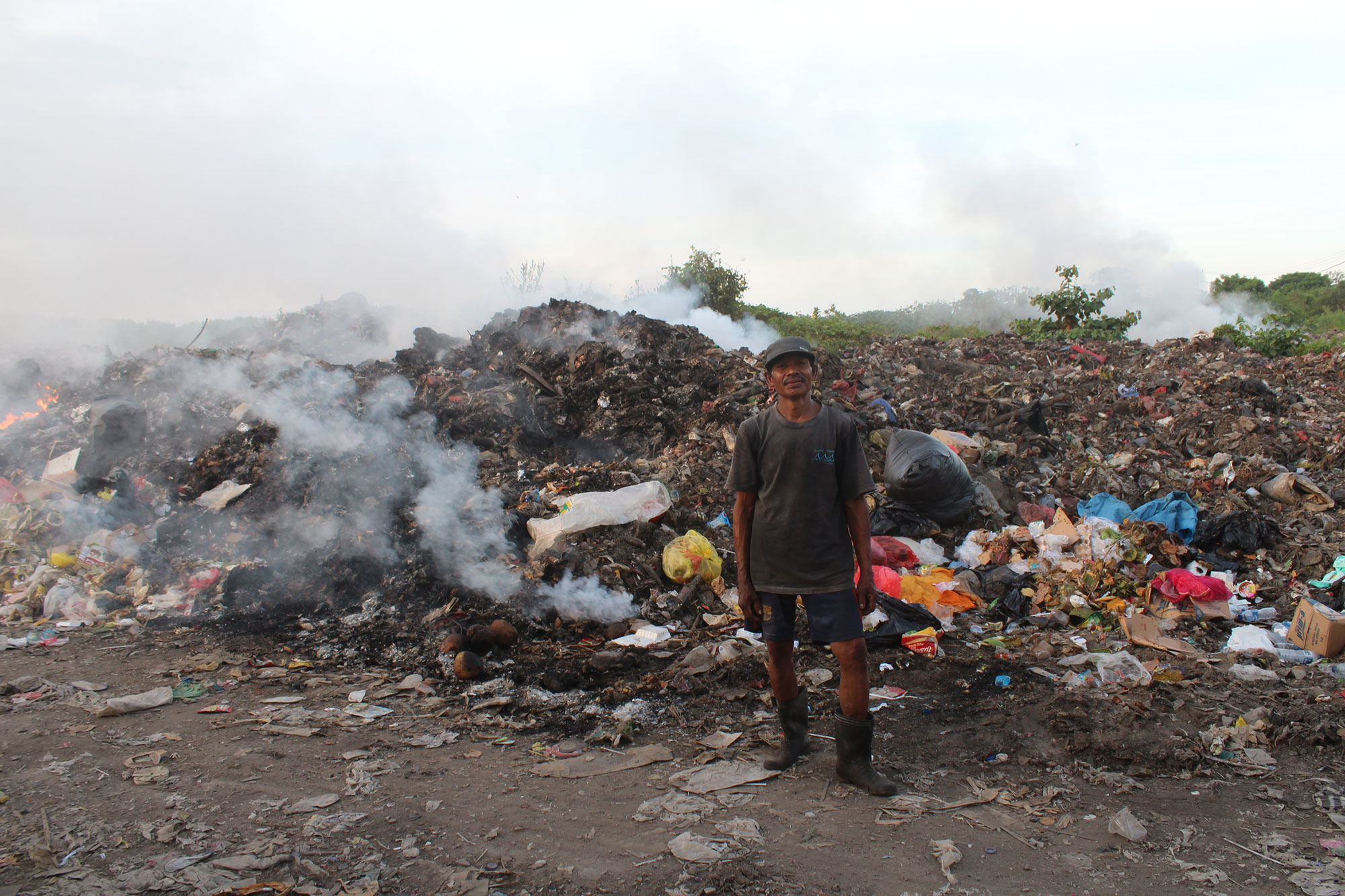
Why are Plastic Credits Necessary?
Virgin and single-use plastics cause the most amount of environmental damage and can contribute to company loss. Developed countries have a more effective waste management industry compared to the developing world. In particular, the Asia Pacific region has the highest rates of waste import and waste mismanagement. Due to insufficient waste management programs in these countries, 80-90% of plastic is at risk of leaking into our environment and oceans.
Plastic credits operate through industry requirements for producers to pay for their material. The recovery of some plastics (PET, PE, and PP), can be profitable on their own, due to the durable and recyclable nature of the material. This contributes to a positive value of these plastics. However, the recovery of single-use plastics (plastic bags, plastic packaging, plastic bottles, straws etc.) generates a loss, leading to a negative plastic value. Corporations can work through the value chain to eliminate plastic pollution by first reducing the ‘negative’ types of plastic.
In this situation, single-use plastics are nearly impossible to recycle and end up in mountains of landfill. When these plastics combine with organics, they release a gas known as methane. Methane is 86 times more potent than carbon dioxide emissions alone. Furthermore, developing countries lack the infrastructure and support to recycle plastic waste. Instead these countries opt for incinerators as a way to “remove” large quantities of plastic. The burning process further contributes to greenhouse gas emissions. This results a direct correlation between corporations carbon footprint and amount of single-use plastics in use/production. Switching to more renewable sources, such as recycled materials has the potential to not only reduce a corporations impact on plastic pollution but also climate change.
The elimination of new products in the supply chain can help reduce the metric tons of plastic which end up in the ocean every year. Switching to recycled, recyclable, reusable and renewable sources for products, is the first resort before resource recovery and cleanups can occur. This is why it is necessary to develop a credible and achievable plastic pathway. Plastic Credits can be used to further support corporations sustainability goals through carbon emission and plastic pollution reduction.
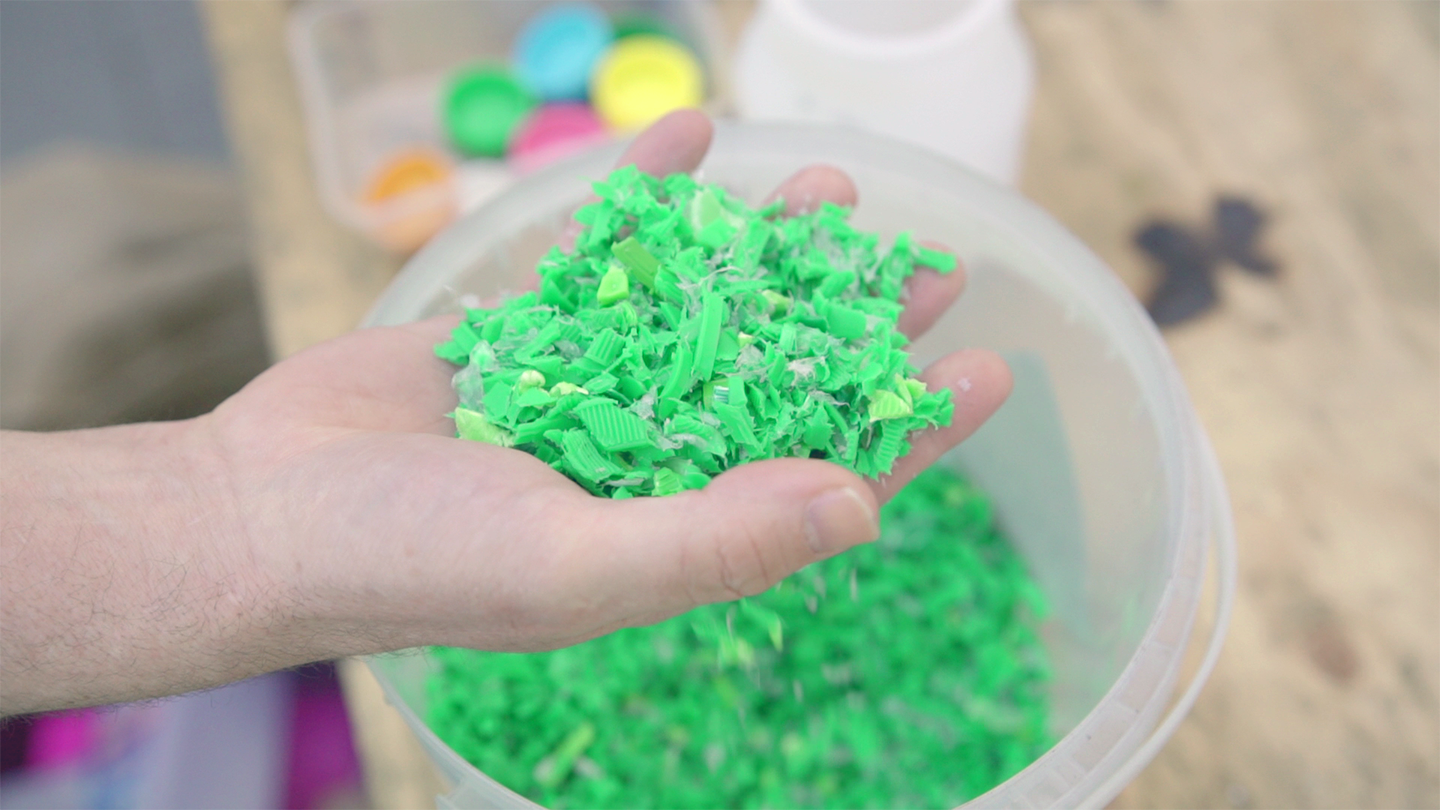
How can Plastic Collective help your business?
Plastic Collective helps brands to develop a credible and achievable plastic pathway. The final part of this plan can include buying plastic credits as an option to become plastic neutral.
To create a credible plastic plan a brand will need to explore different processes in order to become a better plastic steward. This includes; reducing unnecessary use of plastic, replacing virgin with recycled plastic where possible, reuse plastic from your products for future products and encouraging consumers to recycle.
Brands will inevitably be confronted by challenges to becoming a better plastic steward such as; impact of products shelf life, complications with existing supply contracts, possibility of viable alternatives, competitors, consumers and internal resistance to change (Fig 1). Plastic Collective is dedicated to assist you and help work through these challenges.
When you’re ready to buy plastic credits, Plastic Collective has a network of remote community plastic recovery and recycling projects, aimed at tackling plastic waste. Plastic Collective has been working with the 3R Initiative to make these projects amongst the first in the world to be certified under the new Plastic Standards so they can generate and sell plastic credits to help fund their activities. On behalf of these projects, Plastic Collective can make these plastic credits available to brands that want to be Certified Plastic Neutral.
We help brands reduce their plastic footprint, through the use of Plastic Credits to offset their remaining plastic consumption, and in doing so:
- We help brands limit their feedstock, through the reduction, reuse and recycling of plastic materials, throughout the entire process of producing a product, or providing a service (from manufacturing to sales)
- Ensure Plastic Credits are used as a last resort to mitigate businesses and corporation criticism
- Provide education, training and micro-enterprise plastic recycling programs to communities overwhelmed by the plastic pollution problem
- Empower the worlds most vulnerable and remote communities, and to help them address the plastic pollution issue
- Provide a recycled marketplace for communities to sell their valuable recycled and recyclable materials
